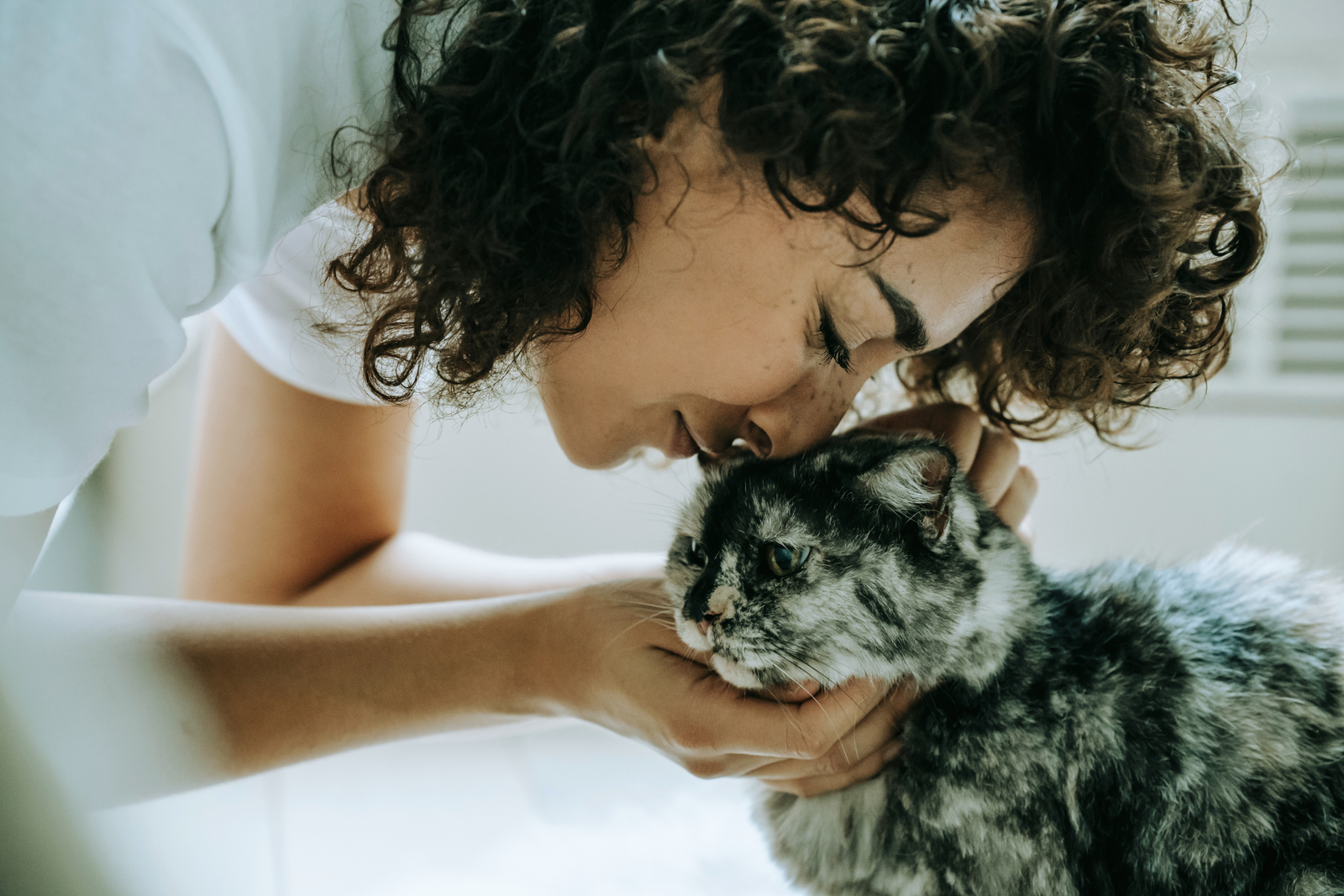Living with a disability can be challenging, and many people find comfort in the companionship of an emotional support animal. While dogs are commonly thought of as emotional support animals, cats can also provide the same level of comfort and support. In fact, there are several reasons why cats make great emotional support animals for people with disabilities. Here’s some important information to keep in mind, courtesy of Stay At Home Cat Mom.
Provide A Sense of Companionship
Cats are known for their independent nature, but they also crave attention and affection from their owners. They enjoy cuddling up on laps or next to their owners while purring contentedly. This kind of companionship can be especially comforting for people who live alone or have limited social interactions due to their disabilities.
Offer Emotional Support And Unconditional Love
Cats have a unique ability to sense when their owners need emotional support. They often rub against their owner’s legs or curl up next to them when they’re feeling down. This physical contact can help alleviate feelings of loneliness and offer a sense of comfort that is difficult to replicate through other means.
Can Help Alleviate Anxiety and Depression
Numerous studies have shown that owning a pet can help alleviate symptoms of anxiety and depression. Cats are no exception; spending time with a cat has been shown to reduce stress levels and increase feelings of happiness. Furthermore, cats’ calming presence can help regulate breathing patterns and lower blood pressure – both important factors in managing anxiety disorders.
Can Learn to Perform Certain Tasks to Assist Their Owners
While dogs are often trained as service animals to assist individuals with disabilities in performing tasks such as retrieving dropped items or opening doors, cats can also learn helpful behaviors. For example, a cat could be trained to alert its owner when the phone rings or guide its owner towards objects using visual cues. While not all cats may be suitable candidates for this type of training, those that are willing and able can provide invaluable assistance to individuals living with disabilities.
Can Improve Their Owner’s Overall Well-Being
Owning a cat has been linked to improved mental health outcomes such as decreased anxiety levels and increased self-esteem. Additionally, caring for another living being can often provide a sense of purpose and responsibility that can positively impact an individual’s overall well-being. Furthermore, owning a cat requires regular exercise through playtime activities such as chasing toys or climbing scratching posts.
Patience When Bringing Home a Cat
Bringing home any new pet requires patience during the adjustment period. However, it is especially important when bringing home an emotional support animal due to the vital role they play in supporting their owner’s mental health. It is essential to create a calm environment free from loud noises or sudden movements that may startle your new cat. Take things slowly when introducing your new cat into your home.
Take Steps To Reduce Stress
Animals sense our stress levels through body language cues such as tense muscles or rapid breathing patterns. Therefore, it’s essential to take steps toward reducing stress levels in your household. This includes creating routines around feeding times so that your cat knows what time it will receive food each day.
In conclusion, cats make excellent emotional support animals for individuals living with disabilities due to their ability to provide companionship, emotional support and unconditional love, alleviate symptoms associated with anxiety/depression, and improve overall well-being/quality-of-life outcomes and more. However, bringing home any new pet requires patience during the adjustment period so remember: take things slow when introducing your new furry friend into your home-allow them time to explore on their own terms while providing plenty of positive reinforcement through treats and praise!
Pin it:




